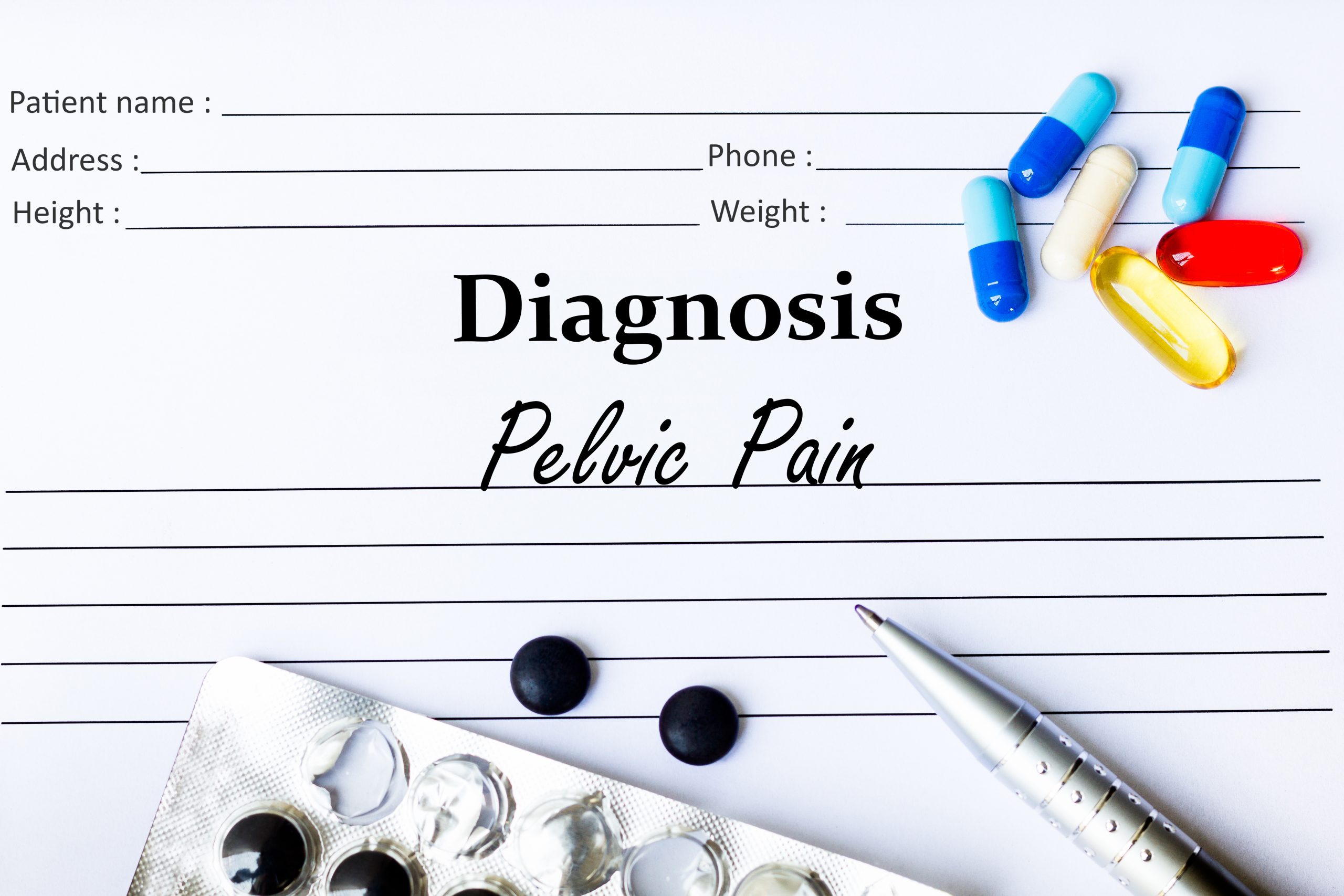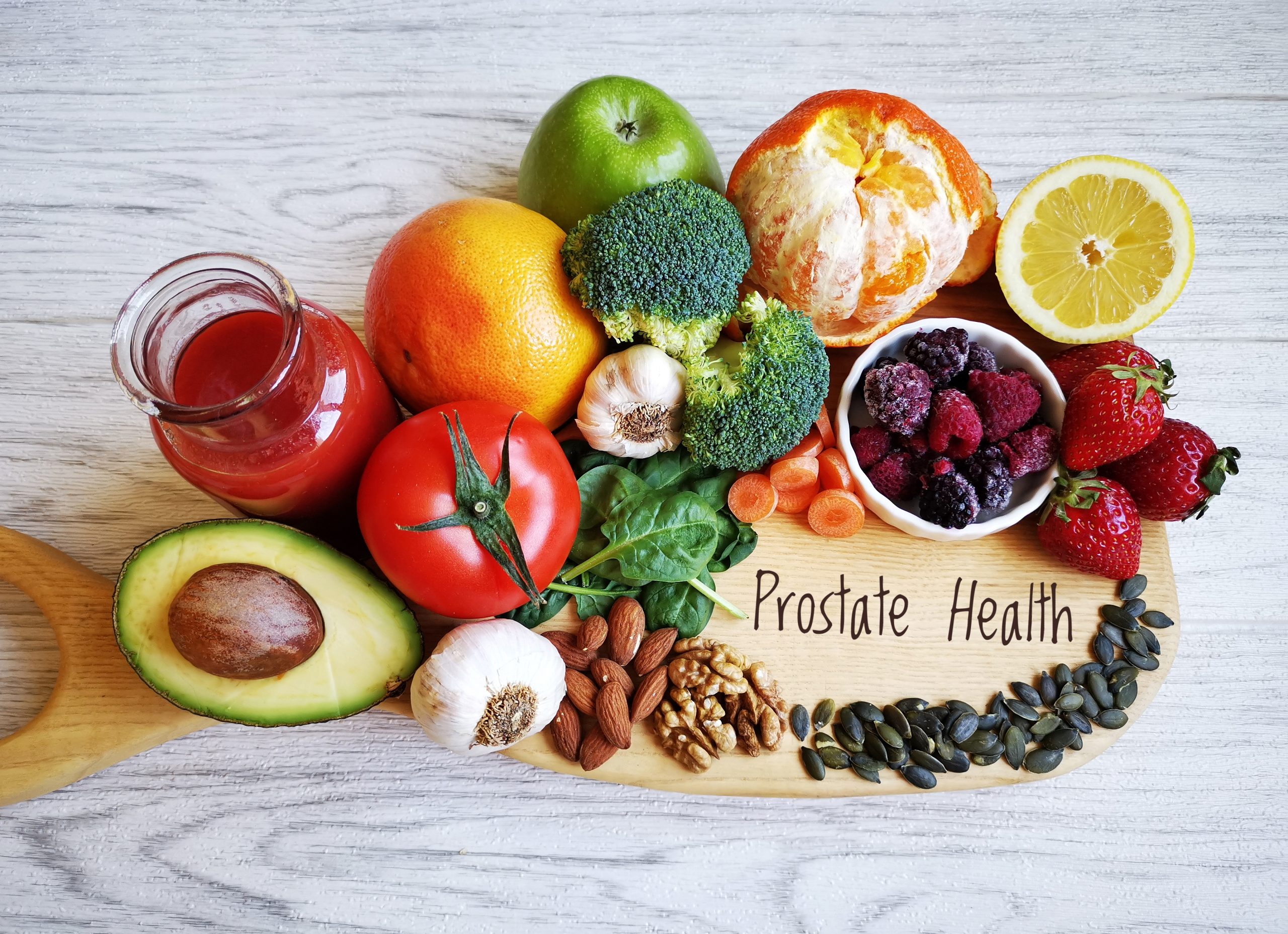The prostate, a small gland located below the bladder, plays a crucial role in men’s health. Despite its relatively small size, the prostate gland is responsible for significant functions related to reproduction and urinary health. It is vital for men to prioritize prostate health and take proactive steps to maintain its well-being. In this article, we will explore the importance of prostate health and discuss strategies for promoting a healthy prostate.
- Urinary Function: The prostate gland surrounds the urethra, the tube that carries urine from the bladder out of the body. A healthy prostate helps maintain proper urinary function by ensuring the smooth flow of urine. However, an enlarged prostate or other prostate conditions can lead to urinary difficulties, including frequent urination, weak urine flow, and the need to urinate at night. Prioritizing prostate health helps minimize the risk of urinary problems and promotes optimal urinary function.
- Reproductive Health: The prostate gland produces seminal fluid, which is essential for nourishing and protecting sperm. A healthy prostate ensures the proper functioning of the reproductive system and supports male fertility. By maintaining prostate health, men can enhance their reproductive capacity and increase the chances of successful conception.
- Prostate-Specific Antigen (PSA) Monitoring: Prostate-specific antigen (PSA) is a protein produced by the prostate gland. Monitoring PSA levels through regular screenings can help detect early signs of prostate issues, including prostate cancer. High PSA levels may indicate the presence of prostate cancer or other conditions, while low and stable levels can provide reassurance about prostate health. Regular PSA screenings are crucial for early detection and timely intervention if needed.
- Prostate Cancer Prevention: Prostate cancer is one of the most common cancers affecting men. It is estimated that one in eight men will develop prostate cancer in their lifetime. Maintaining a healthy lifestyle, including regular exercise, a balanced diet rich in fruits and vegetables, and avoiding excessive alcohol consumption, can help reduce the risk of prostate cancer. It is also important to be aware of any family history of prostate cancer and discuss screening options with a healthcare professional.
- Benign Prostatic Hyperplasia (BPH): Benign prostatic hyperplasia, also known as an enlarged prostate, is a common condition among aging men. While not cancerous, an enlarged prostate can cause bothersome urinary symptoms and impact quality of life. Practicing good prostate health, such as maintaining a healthy weight, exercising regularly, and limiting caffeine and alcohol intake, can help minimize the risk of BPH and alleviate symptoms.
- Prostate Health Supplements: Some supplements are specifically formulated to support prostate health. These supplements often contain ingredients such as saw palmetto, beta-sitosterol, and lycopene, which have been associated with prostate health benefits. However, it is important to consult with a healthcare professional before starting any supplements to ensure their safety and effectiveness.
- Regular Physical Activity: Engaging in regular physical activity has numerous benefits for overall health, including prostate health. Exercise helps maintain a healthy weight, reduces inflammation, and improves circulation, all of which contribute to a healthy prostate. Aim for at least 150 minutes of moderate-intensity aerobic exercise or 75 minutes of vigorous-intensity aerobic exercise each week.
- Healthy Diet: A balanced diet rich in fruits, vegetables, whole grains, lean proteins, and healthy fats is beneficial for prostate health. Incorporate foods that are high in antioxidants, such as tomatoes, berries, broccoli, and nuts, as they may help reduce the risk of prostate cancer. Additionally, limiting red meat and processed foods can contribute to a healthier prostate.
- Regular Check-ups: Regular check-ups with a healthcare professional are essential for maintaining overall health, including












